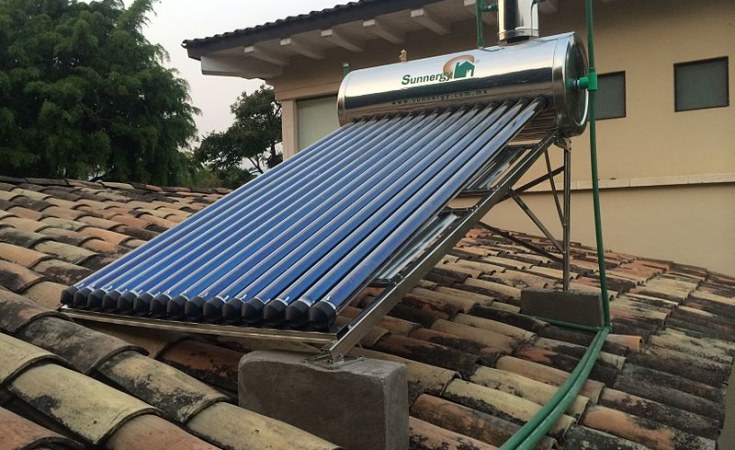So far, 117 householders and businesses with solar power are selling their surplus to Zesa Holdings as net metering is being speeded up, allowing those generating renewable energy to sell when they have surplus and buy when they need power from ZETDC, usually at night.
Those with solar power, a grid-tied inverter and the smart meter can sell electricity into the grid in return for electricity credits they use when they do not have sufficient renewable supply.
Places like universities and schools with solar installations are encouraged to apply for net metering so they can sell at weekends and during school holidays and so cut their bills at other times.
Any existing customer with a grid-tied solar system, up to their rated power from ZETDC, qualifies for net metering and can apply to connect to the grid. By January, 117 connections had been made out of the 175 successful applications that were received, with the remaining applications still being evaluated.
The connected installed capacity stood at 4,9MW, while the total capacity for all the applications received is at 12.5MW, ZETDC said.
The credited units not only help the customer enjoy power supply when their own solar system is not generating, but can also help keep the customer in a lower tariff band, thus reducing monthly bills.
Zesa's stakeholder relations communications and welfare manager Dr George Manyaya told The Herald that smart meter measures both power consumed by the customer and power supplied to the grid.
"The system starts with solar panels that convert energy from the sun into electricity, an inverter then converts the electricity produced by the solar panels from direct current alternating current for use in your home, school, or business," he said.
"Finally, the installed bi-directional meter measures the energy used and excess energy produced which is passed on to the grid
"The customer gets their proportional electrical power units credited to their ZETDC account and not in monetary value," he said.
This means that your electricity will be cheaper whenever one recharges or pays a post-paid bill.
"Customers can pass on their surplus generated energy to ZETDC. This power is then used to offset electric energy provided by ZETDC to the customer during an applicable billing period," Dr Manyaya said.
This is coming at a time the nation is experiencing depressed generation owing to low water levels at Lake Kariba, which resulted in reduced power generation at Kariba South Power Station.
Dr Manyaya said if everyone with solar power in surplus at times embraced this programme, it would reduce pressure on the national grid by supplementing the current generation.
"The more we have more customers connected to renewable energies, the more it can go a long way in improving availability of electricity to our customers.
"It promotes sustainable renewable energy sources, small-scale investments, value addition, and electricity market development. It also allows import substitution of energy, thus save scarce foreign currency resources through rooftop electricity energy."
Dr Manyaya implored those with solar panels to apply for net metering as it is already easing pressure on the grid automatically by 12.5MW during the peak period.
To participate in this programme, anyone who is willing can contact any nearest ZETDC client service centre.


